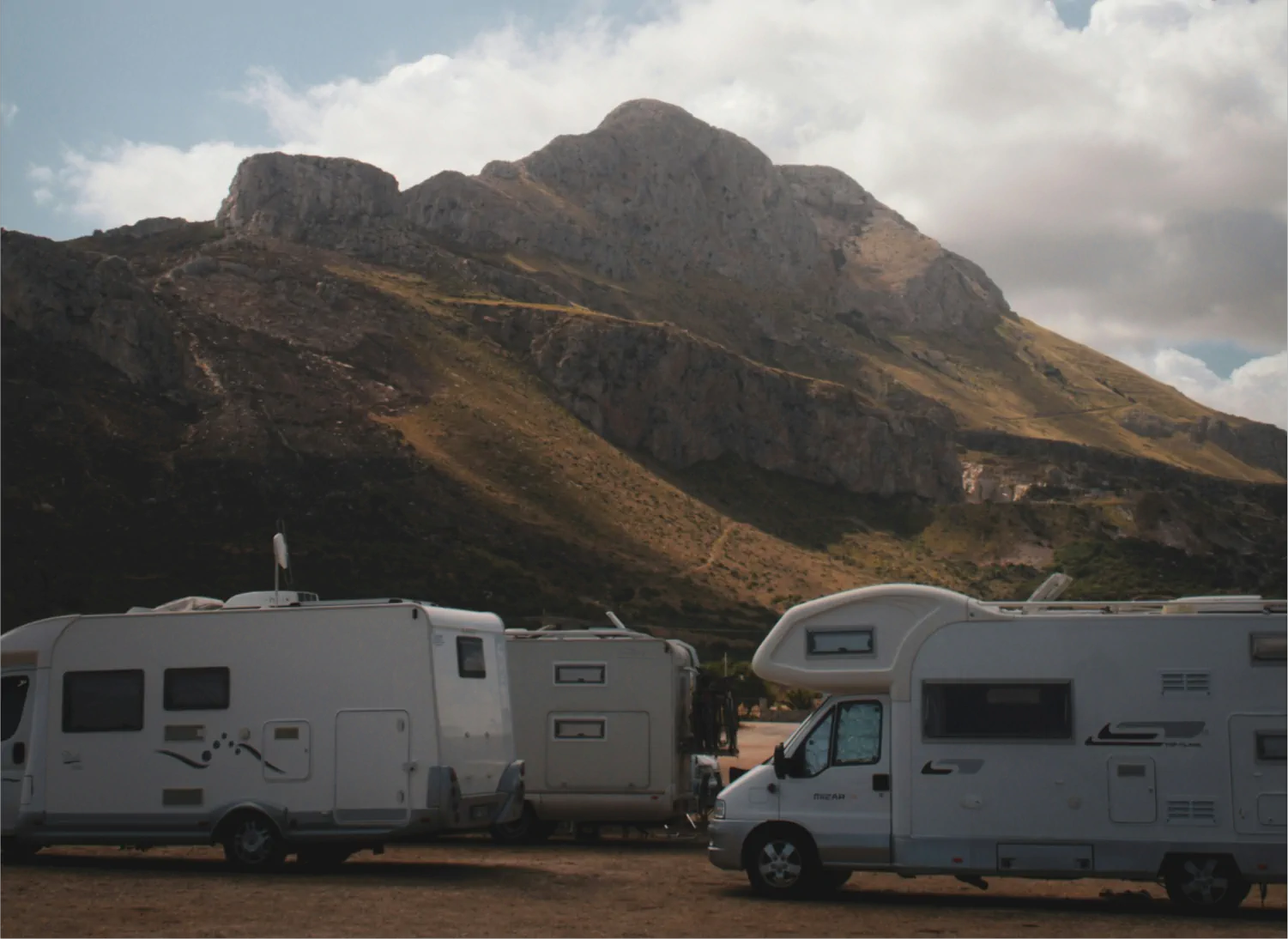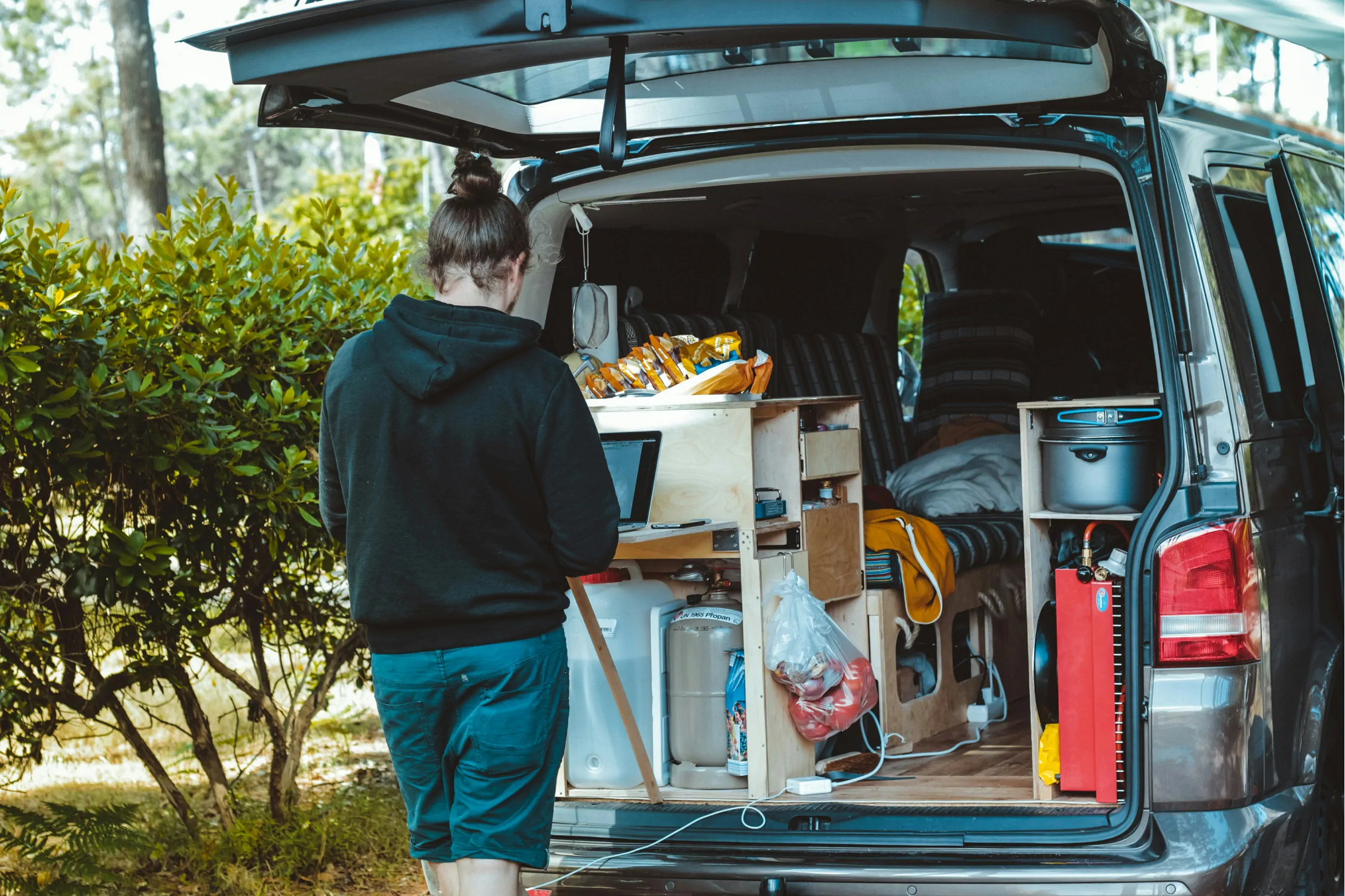Dump Stations and Waste Etiquette for Campers
Locate New Zealand's dump stations, empty your tanks without causing spills, and avoid fines with this comprehensive etiquette guide.

Key takeaway: Always use official dump stations listed in KiwiCamping, carry the right hoses, and rinse pads to keep councils confident in freedom camping access.
How to find dump stations
KiwiCamping maps council, holiday park, and private dump stations across NZ. Use the “Dump stations” filter or the waste icon on any site listing. Many stations are inside holiday parks. Check public access hours and any non-guest fee before arrival. You can also cross-check via NZMCA or Rankers directories.
When planning long drives, add dump stations to your trip list so navigation instructions are available offline. For rural areas, phone ahead to ensure the facility is operational. Storm damage can occasionally close sites.
How to use them correctly
Follow the golden sequence: gloves on, park close without blocking lanes, connect your blackwater hose, open valves slowly, and rinse the pad afterwards. Never leave caps off the drains or hoses unattended.
Carry a freshwater hose dedicated to rinsing tanks. Many stations provide taps, but BYO hardware ensures hygiene. If the station has a queue, keep your setup organised so you vacate quickly and let others in.
Greywater, blackwater, detergents
Greywater is wastewater and must go to a dump station. Never dump onto the ground or into public toilets (chemicals can damage septic systems). Choose biodegradable chemicals and soaps, and dispose of everything via the designated dump point only.
After emptying, flush tanks with fresh water and add treatment tablets if required. KiwiCamping’s notes show where to refill potable water. Verify signage so you do not contaminate drinking taps.
Common fines and how to avoid issues
Improper disposal (e.g., stormwater drains, roadside) can attract $400+ infringement fees and jeopardise access for everyone. Some councils monitor high-traffic stations with cameras. Leave the area clean and report faults.
Keep receipts or photos if you pay to use private facilities; they help demonstrate compliance during inspections. Pair this guide with our self-contained requirements and freedom camping rules for end-to-end compliance.

Dump station FAQ
- Do I have to pay to use dump stations?
- Most council stations are free; some charge a small fee or have restricted hours. KiwiCamping lists costs/hours when operators provide them.
- Can I empty greywater on the ground?
- No. Greywater must be disposed of at official dump stations to protect waterways and avoid fines.
- What if a dump station is closed?
- Use KiwiCamping to find the nearest alternative and notify the community via the app so others can reroute.
- How often should I empty tanks?
- Every 2-3 days is typical. Never wait until tanks are overfull. Overflow can damage fittings and lead to spills.
Related reading: Best camping apps ↗ · Holiday park booking guide ↗ · Self-contained vehicle guide ↗